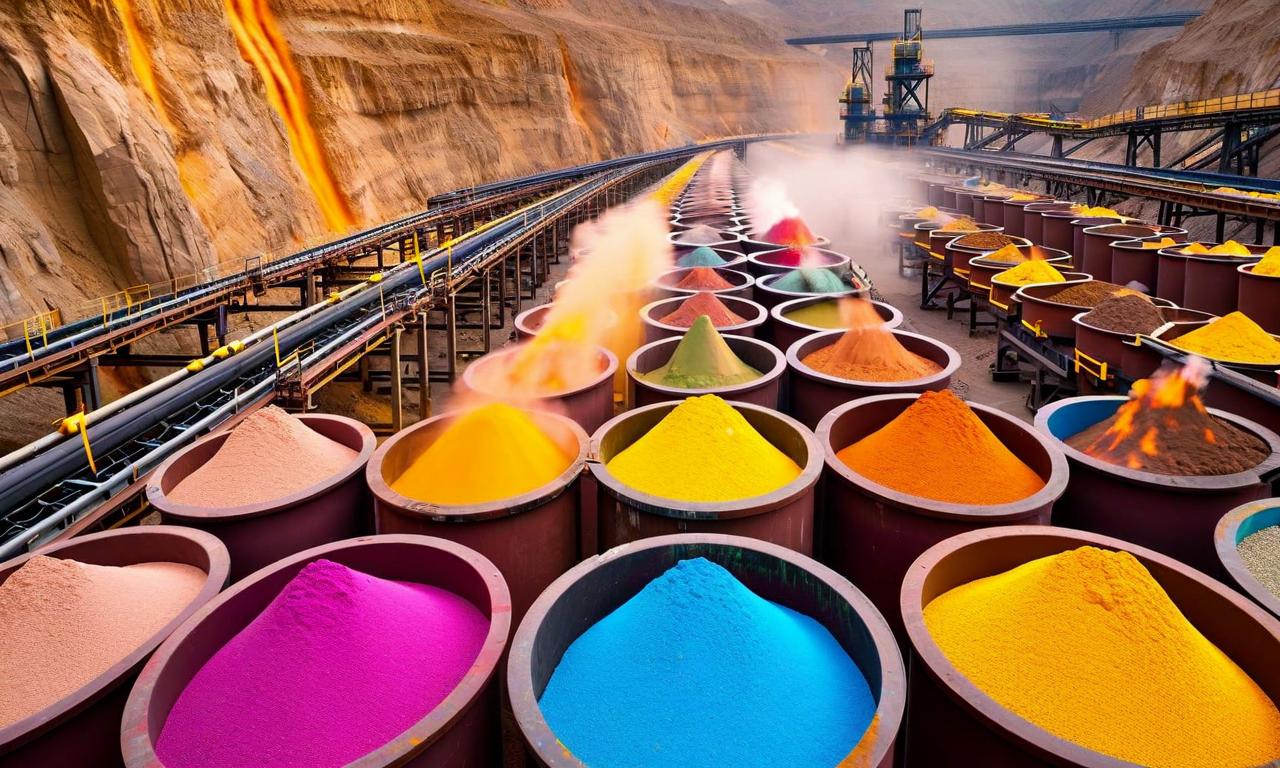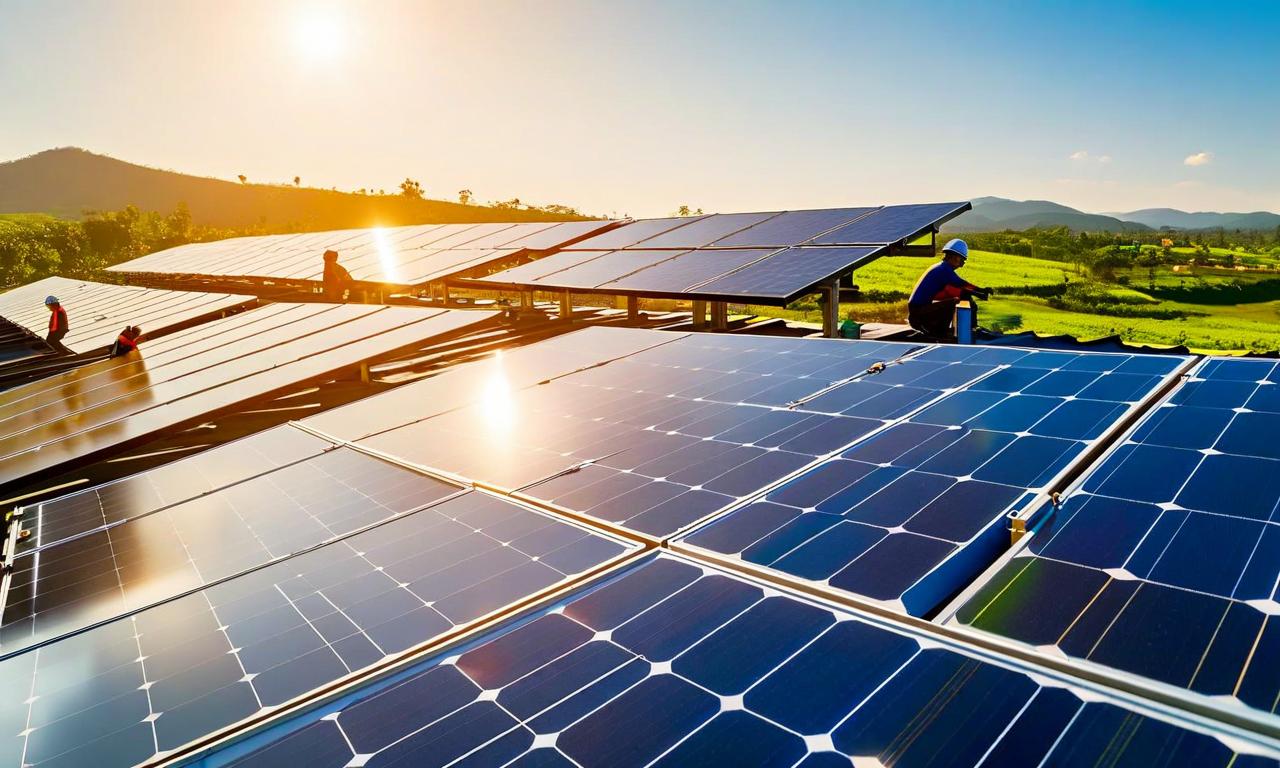Economist Aiyar Rebuts Trump's India Tariff Claims, Cautions on China Relations
Economist Swaminathan Aiyar dismisses Donald Trump's claims about India's tariff reductions, stating India never grants unilateral concessions. He suggests Trump's focus on India is more geopolitical than trade-related. Aiyar urges caution in interpreting India-China diplomatic engagements, emphasizing persistent strategic rivalry. Despite geopolitical challenges, he expresses optimism about India's economic trajectory, anticipating growth to exceed the official 6.50% projection.

*this image is generated using AI for illustrative purposes only.
Renowned economist Swaminathan Aiyar has weighed in on recent international trade discussions and geopolitical developments involving India, the United States, and China, offering insights that challenge some prevailing narratives.
Trump's Tariff Claims Dismissed
Aiyar firmly rejected recent statements made by Donald Trump regarding India's trade policies. Trump had claimed that India agreed to reduce tariffs to near-zero levels, an assertion that Aiyar characterized as "unpredictable rhetoric without credibility." The economist emphasized that India has never granted blanket tariff concessions and would not do so unilaterally without receiving reciprocal benefits.
"India has never granted blanket tariff concessions and would not do so unilaterally without receiving something in return," Aiyar stated, highlighting the principle of reciprocity in international trade negotiations.
Geopolitics Over Trade Policy
Aiyar suggested that Trump's focus on India stems more from geopolitical considerations rather than genuine trade policy concerns. He pointed to India's independent stance on Russia and its oil import policies as potential factors driving this attention.
Cautious Outlook on India-China Relations
Turning to India's relationship with China, Aiyar urged caution in interpreting recent diplomatic engagements. Commenting on Prime Minister Modi's attendance at the Shanghai Cooperation Organisation (SCO) summit in China, he warned against overemphasizing the significance of such meetings.
"China remains a close ally of Pakistan and continues challenging India on borders and strategic fronts," Aiyar noted, underscoring the persistent strategic rivalry between the two Asian giants.
The economist further cautioned that China's ambitions extend beyond regional influence, stating, "China intends to dominate the 21st century." In light of this, Aiyar stressed the importance for India to bolster its economic and defense capabilities.
Positive Outlook on Indian Economy
Despite geopolitical challenges, Aiyar expressed optimism about India's economic trajectory. He highlighted India's recent GDP growth figure of 7.80%, which surpassed market expectations. Looking ahead, Aiyar anticipates that India's economic performance will exceed the official growth projection of 6.50%.
This positive economic outlook comes as a bright spot amidst complex international trade dynamics and strategic challenges facing the nation.
As India navigates its relationships with global powers like the United States and China, Aiyar's insights underscore the need for a balanced approach that prioritizes national interests while engaging in strategic diplomacy and robust economic development.
























